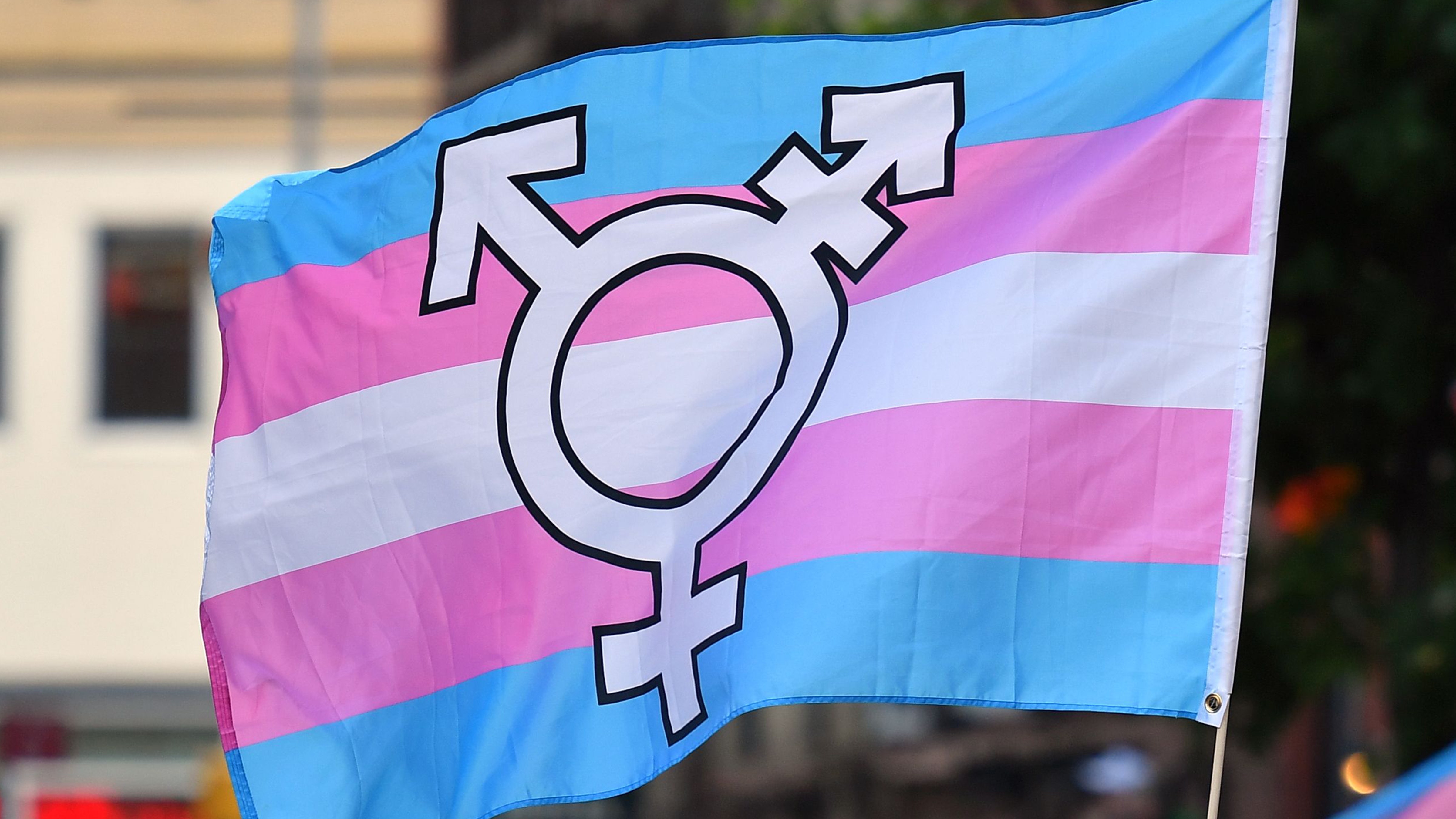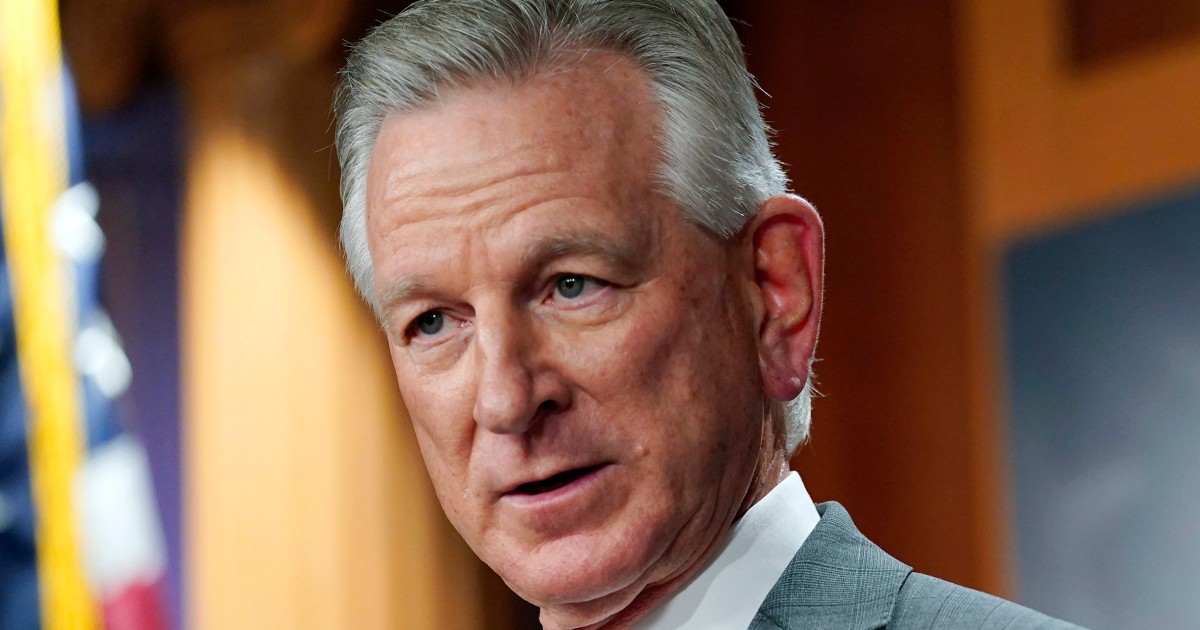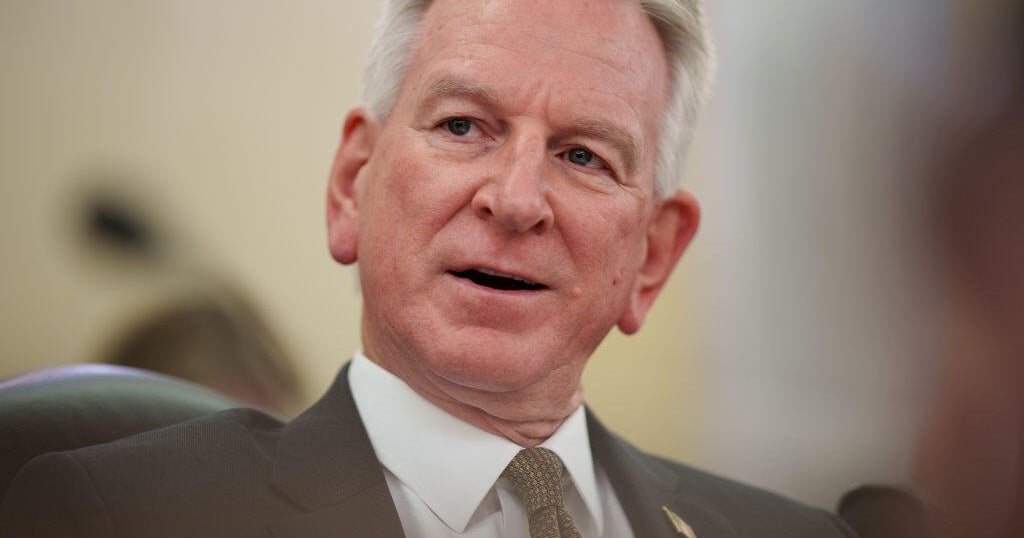Senate Democrats Block Bill to Ban Transgender Athletes from Women's Sports
Senate Democrats blocked a Republican-led bill attempting to prohibit transgender women from competing in women's sports, resulting in a 51-45 vote against the legislation.
Overview
The Senate voted 51-45 against the Protection of Women and Girls in Sports Act, failing to break a filibuster despite significant public opposition to transgender athletes in women's sports. The legislation aimed to bar transgender women from competing with biological females, with Republicans framing the issue as one of fairness and safety in sports. Democrats viewed the bill as a distraction from pressing issues, stressing that decisions regarding participation should be made locally. The outcome may influence future political discussions as Republican candidates use the topic in upcoming elections.
Report issue

Read both sides in 5 minutes each day
Analysis
- Democrats blocked the Protection of Women and Girls in Sports Act, viewing it as a distraction and political maneuver rather than a genuine issue.
- The bill attempted to codify President Trump's executive orders regarding transgender athletes, but even some Democrats recognize the complexities of the topic in relation to local autonomy over sports decisions.
- Polling indicates significant public opposition to transgender athletes participating in women’s sports, yet Democrats argue they must focus on broader economic issues rather than cultural ones.
Articles (7)
Center (2)
FAQ
The bill aimed to bar transgender women and girls from participating in school athletic competitions designated for female athletes, defining Title IX protections based on reproductive biology and genetics at birth.
The Senate voted 51-45 against the bill, failing to achieve the 60 votes needed to advance it.
Democrats viewed the bill as a distraction from more pressing issues and believed that decisions regarding participation in sports should be made locally, not through federal mandates.
The issue could continue to be used by Republican candidates in upcoming elections, as it resonates with some voters who believe transgender rights have gone too far.
History
- This story does not have any previous versions.





